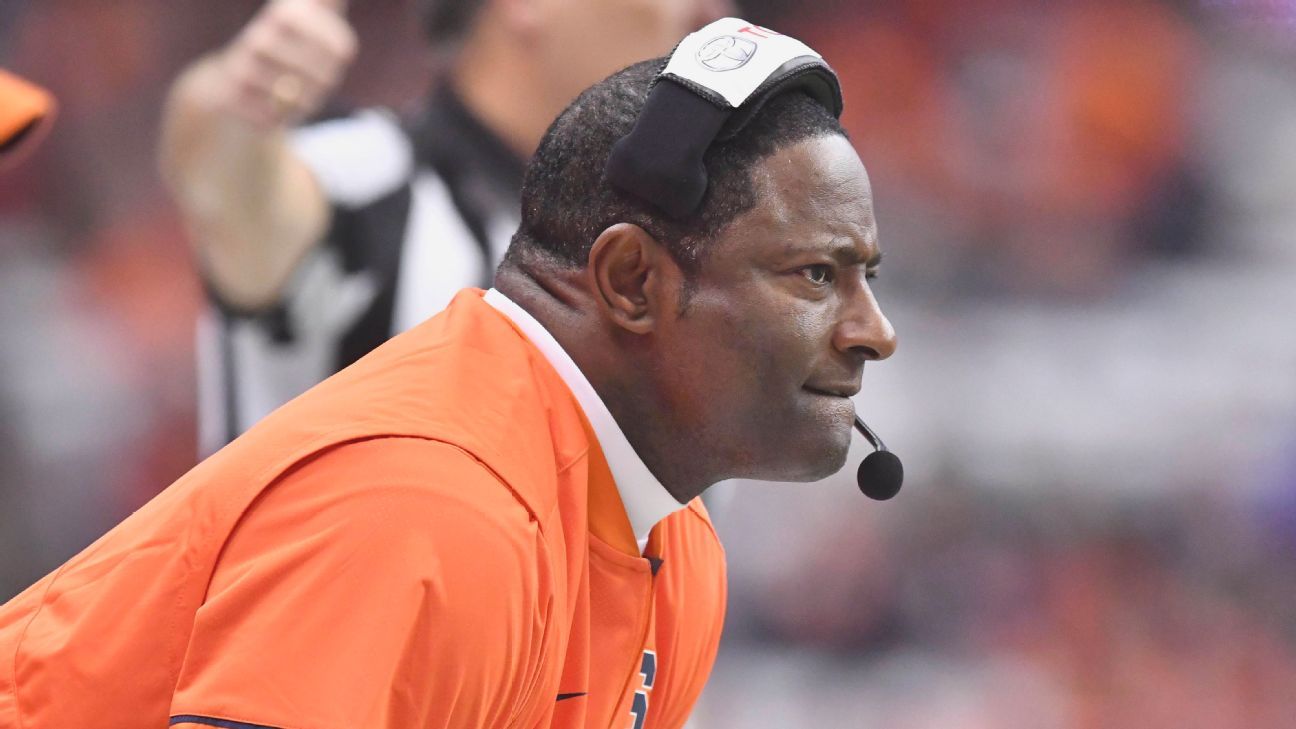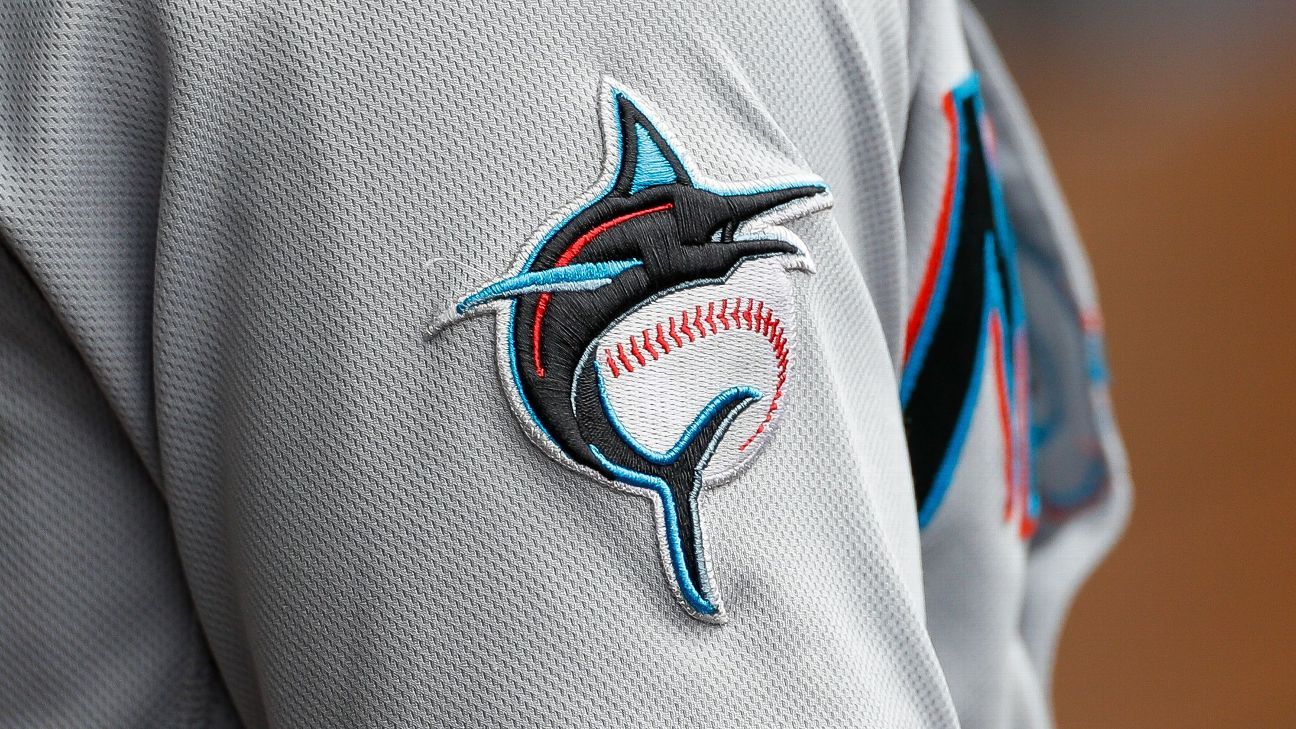
Syracuse's Dino Babers is one of just 14 black head coaches at the FBS level, but he was also among the last coaches in the country to offer a statement on the protests for racial justice after George Floyd was killed in police custody in Minneapolis last month.
Babers, who has often worked to downplay the impact of race on his coaching career, said he was moved to tears by a call with members of his team who wanted him to speak out.
"How important it was for them for me to get out there and say something, it brought me to tears," Babers said. "It's hard to let family down."
Floyd, who was black, died on May 25 after Derek Chauvin, a white police officer, kneeled on his neck for more than eight minutes.
Babers' statement came Wednesday, noting, "I understand the disappointment expressed by members of the Syracuse Football Family and the Orange community for my delay in speaking out," and encouraging members of his team and the community to take action.
"That was hard for me to do," Babers said. "I've never done anything like that in 34 years [of coaching]. I never wanted to be identified [by my race]. When I wake up in the morning, there's a black man staring back at me. I get that. But my big thing is I always wanted to be recognized as a coach, and I thought if I had that philosophy first, I could pave the way for other people to have the opportunity I've had."
Syracuse has been home to some of college football's most important conversations on race, from Ernie Davis becoming the first black player to win the Heisman Trophy in 1961 to the 1970 protests of the "Syracuse 8" that forced the program to hire its first black assistant coach.
Babers, 58, said he is keenly aware of the program's history and he has encouraged his current players to pick up the mantle and make their voices heard.
"Our generation didn't get it done," Babers said of civil rights protests throughout the 1960s, '70s and '80s. "We got it moving but we didn't get it done. But this generation, the young people, with the older generation now on top of all that energy, they've got a chance to get it done. I'm excited about what they could do, and I'm with them."
Babers stopped short of endorsing some of the more high-profile measures suggested in recent weeks, including giving his team off for Election Day, saying it would be difficult to keep them from team activities on a Tuesday of game week. But he said all players "will have an opportunity to vote," even if that means rescheduling practice.
Babers also said he planned to discuss with his team the possibility of kneeling during the national anthem, but he hoped the decision would be made as a group, not by individuals.















 Phone: (800) 737. 6040
Phone: (800) 737. 6040 Fax: (800) 825 5558
Fax: (800) 825 5558 Website:
Website:  Email:
Email: 






